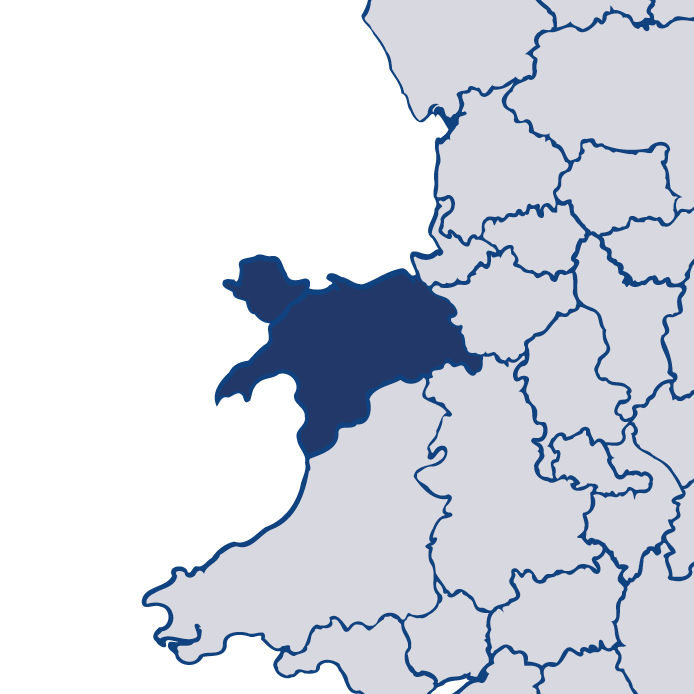North Wales 2018/19
Read more about North WalesThis is HMICFRS’s fifth PEEL (police effectiveness, efficiency and legitimacy) assessment of North Wales Police. PEEL is designed to give you information about how your local police force is performing in several important areas, in a way that is comparable both across England and Wales, and year on year.
North Wales Police was inspected in tranche three and we found:
the extent to which the force is effective at reducing crime and keeping people safe is good.
the extent to which the force operates efficiently and sustainably is good.
the extent to which the force treats the public and its workforce legitimately is good.
Download the full report
PEEL: Police effectiveness, efficiency and legitimacy 2018/19 – North Wales Police
HMI's observations
I am very pleased with North Wales Police’s performance in keeping people safe and reducing crime. In particular, I note the improvements the force has made since 2017 in its efficiency.
The force is good at preventing crime and anti-social behaviour. It is also good at investigating crime and tackling serious and organised crime. Keeping vulnerable people safe is a priority for the force and it works well with other agencies to identify and protect them.
North Wales Police understands the complexity and scale of the current demand for its services. It now needs to gain a better understanding of the skills its workforce currently has and those it is likely to need. This will enable it to develop strong, sustainable financial and workforce plans for the future.
The force continues to uphold an ethical culture and promote the standards of professional behaviour it expects. However, it should make sure that the necessary systems are in place to reassure the public that its use of powers, such as stop and search and the use of force, are conducted legitimately.
Overall, I commend North Wales Police for the progress it has made over the past year. This provides a strong foundation for continuing improvement in the year ahead.
Effectiveness
How effectively does the force reduce crime and keep people safe?
Efficiency
How efficiently does the force operate and how sustainable are its services to the public?
Legitimacy
How legitimately does the force treat the public and its workforce?
Other inspections
How well has the force performed in our other inspections?
In addition to the three core PEEL pillars, HMICFRS carries out inspections of a wide range of policing activity throughout the year. Some of these are conducted alongside the PEEL inspections; others are joint inspections.
Findings from these inspections are published separately to the main PEEL reports, but are taken into account when producing the rounded assessment of each force's performance.






